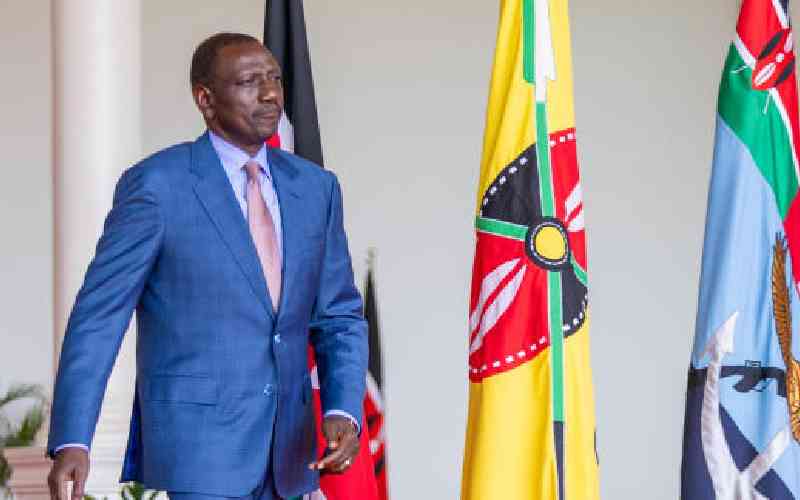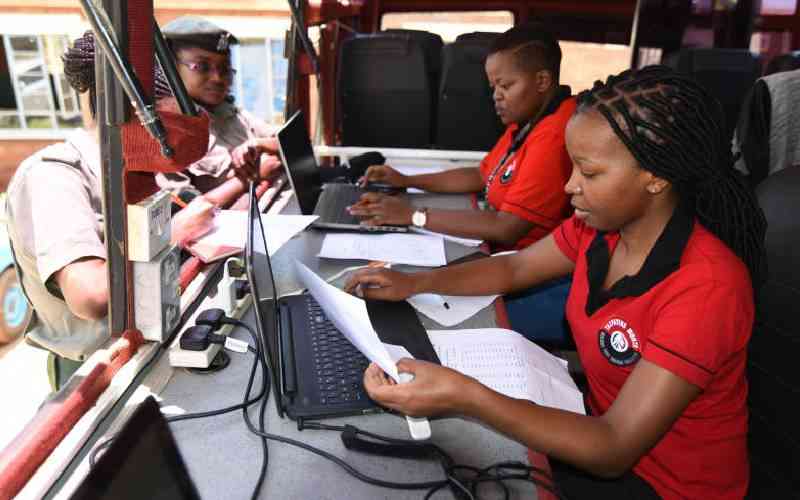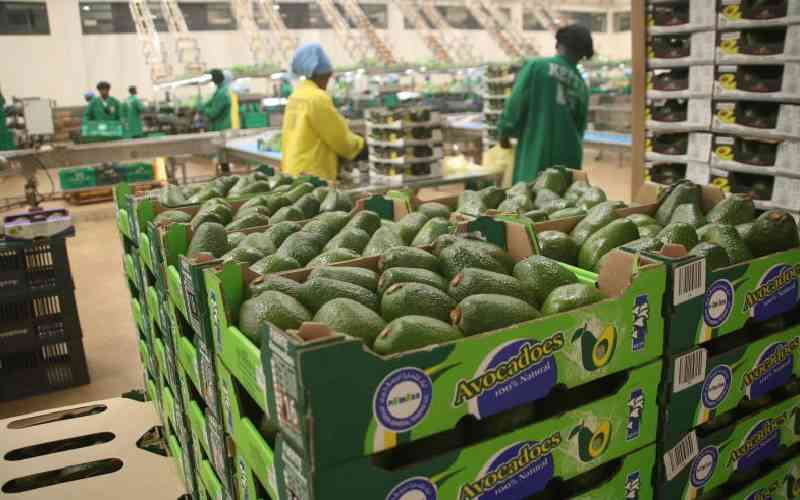
In today's ever-evolving global landscape, Africa stands at a critical juncture in its pursuit of sustainable development, particularly in the realm of energy transition. Climate change poses a significant threat to the continent, exacerbating poverty, inequality, and impacting sectors vital to livelihoods such as agriculture and water resources. Africa, despite contributing minimally to global emissions, is disproportionately affected by the consequences of climate change, including extreme weather events.
The continent's response to these challenges must be rooted in principles of equity and justice, acknowledging its limited historical contribution to greenhouse gas emissions compared to its pressing need for adaptation finance. The Paris Agreement and the United Nations Framework Convention on Climate Change underscore the importance of differentiated responsibilities, urging developed nations to support African countries in their climate resilience efforts.
However, the looming climate crisis also presents a unique opportunity. Africa, unlike developed nations, has the chance to avoid dependence on fossil fuels and "leapfrog" to a green future. Africa's potential to lead the world in the energy transition is underscored by its vast renewable energy resources, which account for over 40 percent of the global total.
Robust policies
Embracing this potential requires robust policies that foster an enabling environment for investments in renewable energy infrastructure, clean cooking technologies, and electric vehicles. Moreover, the continent can leverage its rich deposits of critical minerals essential for green technologies, thereby adding value locally and creating employment opportunities, especially for its burgeoning youth population.
Technology transfer is paramount in empowering Africa to adapt to and mitigate climate change. By adopting the best global technologies, Africa can create new green jobs and empower marginalised communities. The clean energy transition offers a chance to not only improve lives but also create a thriving green economy, a goal exemplified by Kenya's vision for a circular economy by 2030.
Recent milestones such as COP 28 and the Africa Climate Summit (ACS) in Nairobi have been pivotal. They have catalysed commitments from African leaders to enhance renewable energy deployment, promote sustainable agricultural practices, and attract climate finance.
The energy transition presents Africa with an opportunity to leapfrog to cleaner technologies, avoiding the pitfalls of carbon-intensive development seen in other regions. Collaboration is key to Africa's success in this transition. The continent must forge multi-stakeholder partnerships to overcome barriers such as inadequate financing, technical capacity gaps, and regulatory challenges.
As global momentum builds towards achieving net-zero emissions by 2050, Africa's role in the energy transition is not just pivotal but imperative. By embracing this transition wholeheartedly, Africa can not only mitigate the impacts of climate change but also emerge as a beacon of sustainable development for the world. The time for action is now, and Africa stands ready to lead the charge towards a cleaner, greener future.
The author is the CEO of Great Carbon Valley and co-founder of Jacob's Ladder Africa
 The Standard Group Plc is a multi-media organization with investments in media
platforms spanning newspaper print operations, television, radio broadcasting,
digital and online services. The Standard Group is recognized as a leading
multi-media house in Kenya with a key influence in matters of national and
international interest.
The Standard Group Plc is a multi-media organization with investments in media
platforms spanning newspaper print operations, television, radio broadcasting,
digital and online services. The Standard Group is recognized as a leading
multi-media house in Kenya with a key influence in matters of national and
international interest.
 The Standard Group Plc is a multi-media organization with investments in media
platforms spanning newspaper print operations, television, radio broadcasting,
digital and online services. The Standard Group is recognized as a leading
multi-media house in Kenya with a key influence in matters of national and
international interest.
The Standard Group Plc is a multi-media organization with investments in media
platforms spanning newspaper print operations, television, radio broadcasting,
digital and online services. The Standard Group is recognized as a leading
multi-media house in Kenya with a key influence in matters of national and
international interest.











